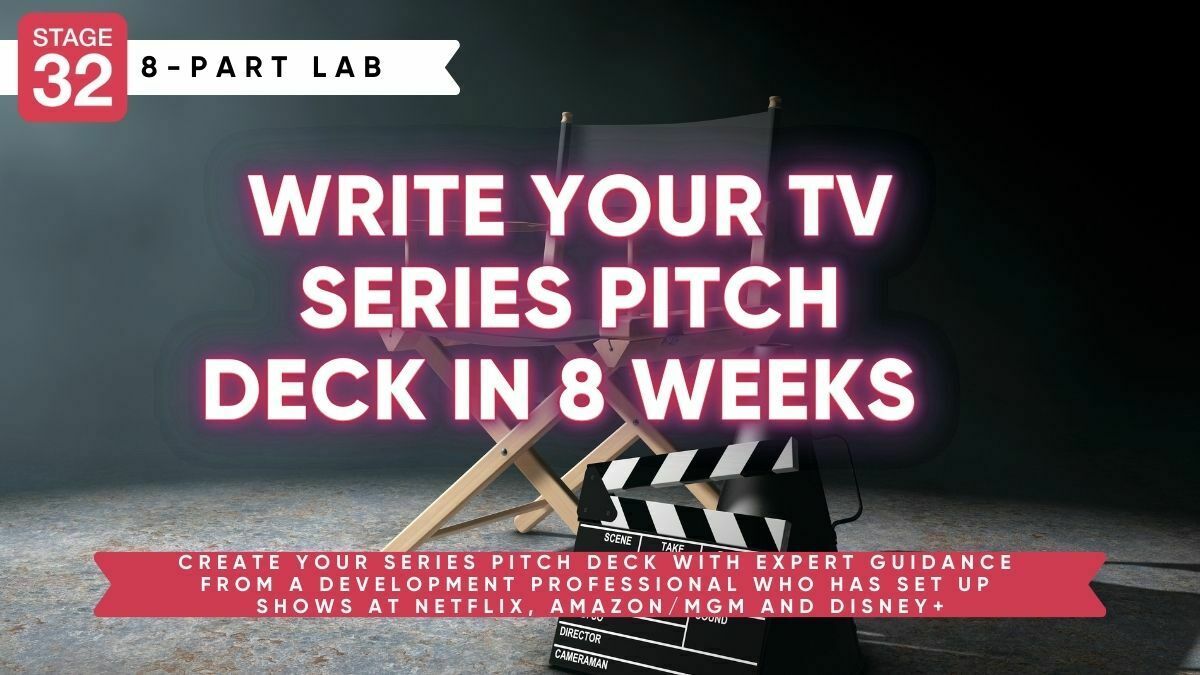Hello community, I read this following post about music libraries.Since I'm a musician making the transition to composition it helped me out allot understanding some basics about music libraries. (it was posted in 2011) [The following post is the first in a series about music libraries written by veteran composer, studio musician, consultant and writer Eric Jensen. For a brief, eloquent history of music libraries and how producers have used them, click here.] You have probably noticed a number of articles about licensing your music for film and television. But you are not competing directly with other artists. In many instances, you are competing with production music libraries. Production music libraries are catalogs of pre-recorded tracks made available to producers for synchronization in broadcast and non-broadcast applications including film, television, commercials, video games and websites. Traditionally, the library owns exclusive rights for both the master recording and the music publishing. This means the tracks can be licensed quickly without negotiating with the composer or record label. In recent years, libraries offering “non-exclusive” licensing arrangements to composers have come on the scene. The pros and cons of this approach will be discussed in depth later in this series. All songwriters and composers thinking about how to license their music should understand the different types of music library models. The differences between exclusive, non-exclusive, and buy-out models are significant, and the long-term income potential varies widely. Exclusive An exclusive library commissions music on a work-for hire basis, where the composer is paid a negotiated sum to compose and produce a collection of tracks. Thereafter, the music library retains all rights to the master recordings and the music publishing. Typically, synch fees are not split with composers, although this can be negotiable. On the back end, when a performance royalty is generated, the fee is split 50/50 between the publisher (music library) and the composer. Example: Joe Composer is paid X dollars to create a CD of “dramatic underscore cues with a chill, hip-hop edge” for the Ultra Hipster Music Library. The awesome business development team at Ultra Hipster gets some of this music placed in reality TV shows, commercials and movie trailers. Ultra Hip pockets the synch license fees and the performance royalties are split 50/50 between Joe and Ultra Hip. All of the larger music libraries operate on this general model. In addition to up front money and efficient administration, larger libraries give composers more likelihood of high profile placements, resulting in more significant back-end performance fees. High-end producers and music supervisors prefer a degree of exclusivity. Many will not do business with ‘non-exclusive’ libraries. Non-Exclusive Non-exclusive libraries represent a relatively new niche in the library business. Two of the better known companies using this model are Pump Audio, a branch of Getty Images, and Jingle Punks. Non-exclusive libraries solicit music from composers on a completely non-exclusive basis. The title of each track is changed to link it to the appropriate music library, a process known as retitling. This can seem quite attractive on first blush because you, the composer, retain all rights to your music, including the right to license it to competing non-exclusive libraries. While there are generally no upfront fees paid to writers, some libraries split the synch license fees with the composer, and in most cases composers receive 50% of performance royalties (Be VERY wary of any company that takes a percentage of the writer’s share of performance royalties). There are however, several downsides to the non-exclusive model. First, licensing works non-exclusively pretty much precludes the possibility of licensing these works exclusively in the future. No reputable company will exclusively license your music if it is already in circulation in multiple iterations, retitling notwithstanding. Second, publishers have less incentive to push your tracks if the deal is non-exclusive. They have nothing invested, and there is no reason why you couldn’t be licensing the same music to ten other libraries. A significant piece of the earning potential for library music is on the back end. If your music is not being pushed to high quality broadcast placements, you stand to earn much less in the long run. Third, non-exclusive libraries can miss out on significant international revenue opportunities. Libraries are generally represented by territory on an exclusive basis. Fourth, retitling can create serious administration problems. The major PROs have adopted forms of audio fingerprinting to identify tracks. Unless a non-exclusive library and the PROs are both utilizing individual track watermarking as an identifier, it can be very difficult to determine the correct rights holder for a retitled track. There are some situations where non-exclusive licensing can make sense for a composer. If you are a band with an independently produced CD looking to leverage advertising or television opportunities, you might approach a non-exclusive music library. Retitling your tracks for advertising placement could result in additional revenue and exposure. However, all of the preceding caveats apply. Be sure to think through the ramifications before entering into this type of agreement. Check out Retitling – Should You Sign With a Non-Exclusive Retitled Library? By Megatrax President Ron Mendelsohn for the PMA’s position on this issue. Buy-Out Libraries Buy-out libraries represent the low end of the music library business. These companies license entire catalogs, for any and all uses, for a one one-time fee. Often with these libraries, the owner is the composer. This model depends on high volume sales and low production costs. Before you decide to work with a particular library, vet the company, and make your decision based on your long-term goals as a composer. Be sure you understand the implications of your choices. The desire for short-term revenue can be seductive, but you should think long and hard about the value of your work. In the last several decades, the market value of composers has plummeted. There are many factors contributing to this decline, but certainly one element is the tendency of composers to accept work at ever lower prices. This leads to a devaluation of the art of composition for all of us. When considering partnering with a music library make sure their business model brings your work the value it deserves.



Based on the misinformation in this article and the fact that there was no composer named Eric Jensen that we both could not find on IMDb or elsewhere, I recommend not taking this article to heart. i do like the last paragraph though!
Alessandro, Check out my webinar this Saturday. I'll be discussing this very topic! https://www.stage32.com/webinars/7-Insider-Tips-To-Becoming-A-Working-Fi...